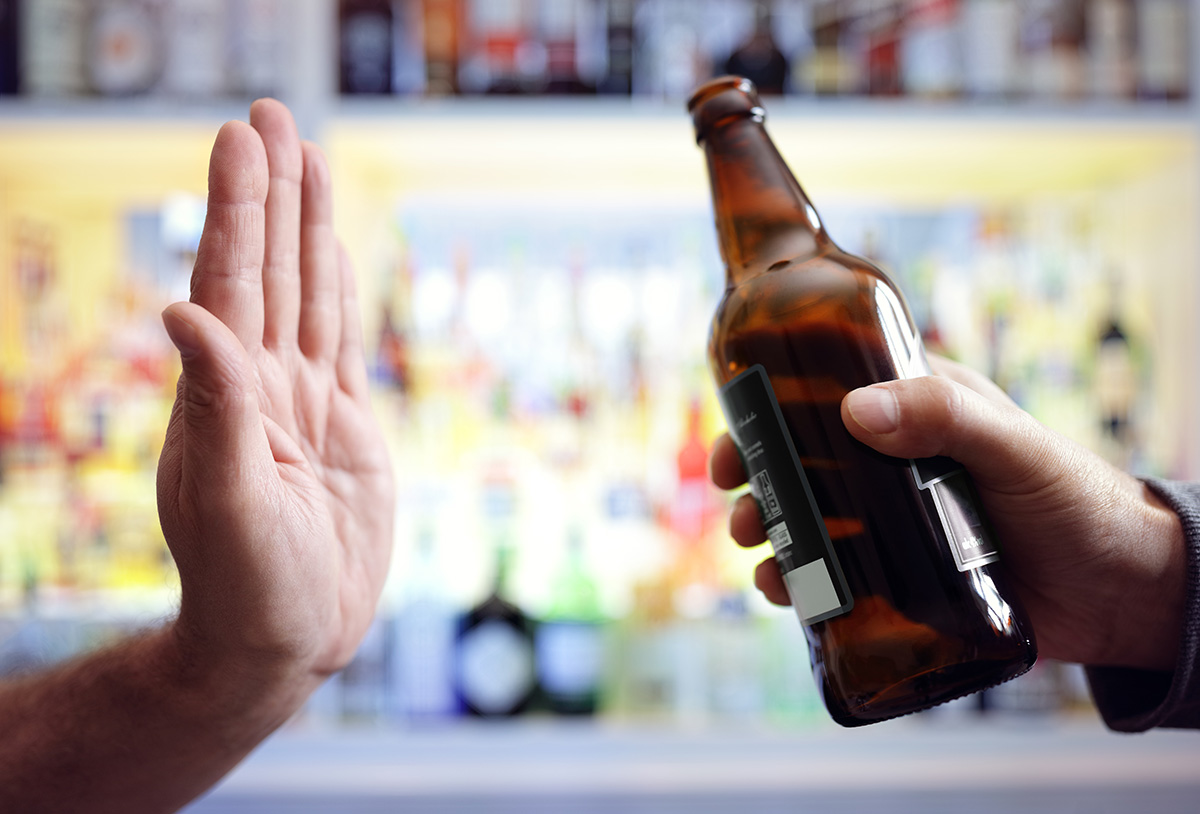

By: Lakeview Health
Do you ever spend time checking out what happened to the cool kids from your teen years? Your Facebook searches may bear out what some new research does: Cool kids are more likely to have drug or alcohol problems a decade later, and they pair that with emotional growth that stopped when they got cool, in early adolescence. The patients at a lot of addiction treatment centers are living proof of it. A study that was published in the journal Child Development looked at ‘pseudomature behavior’ of adolescence, like delinquency or romantic or sexual involvement. The researchers followed their subjects from ages 13 to 23. They found that when that behavior started earlier, usually to impress peers, it may have meant early popularity. But in the long run, these subjects were more likely to have stunted emotional lives and more likely to abuse drugs or alcohol. A lot of theories fit with why these people are trapped in their early teens emotionally. First, the time devoted to being popular and keeping up with the trends is time that other teens spend maturing emotionally and connecting with others. The cool kids miss some valuable development time and remain in a middle school mindset, even as they face adult problems like addiction or substance abuse. Second, part of being cool is hanging out with older cool kids. But what kind of kids hang out with those much younger? The ones with emotional issues, who are trapped at the same level. Third, parents might even be enabling the situation. Parents want popular kids and may encourage the behavior that makes them popular. That means setting fewer limits and not modeling good behavior for teens to emulate. Anyone who has worked in addiction treatment can vouch for most of this. There’s a lot of adolescent behavior and testing of boundaries by people not used to boundaries. As the cool kids got older, the behavior needed to stay cool ramped up, which is where alcohol or drug abuse came into play, with binge drinking, drunk driving or other addiction issues. Meanwhile, their peers, who didn’t miss the emotional development, could recognize the immature behavior and avoided it. That’s the part called growing up. This study is a good cautionary tale for parents who want popular kids. Popularity may help them avoid some adolescent angst, but that popular part comes with a dark side. That may only be social difficulties as adults, but can turn life threatening if drugs and alcohol are involved. If you know someone struggling with addiction, Lakeview Health can help. Call us at 866.704.7692 and talk to an intake specialist. They can help show you the way.





